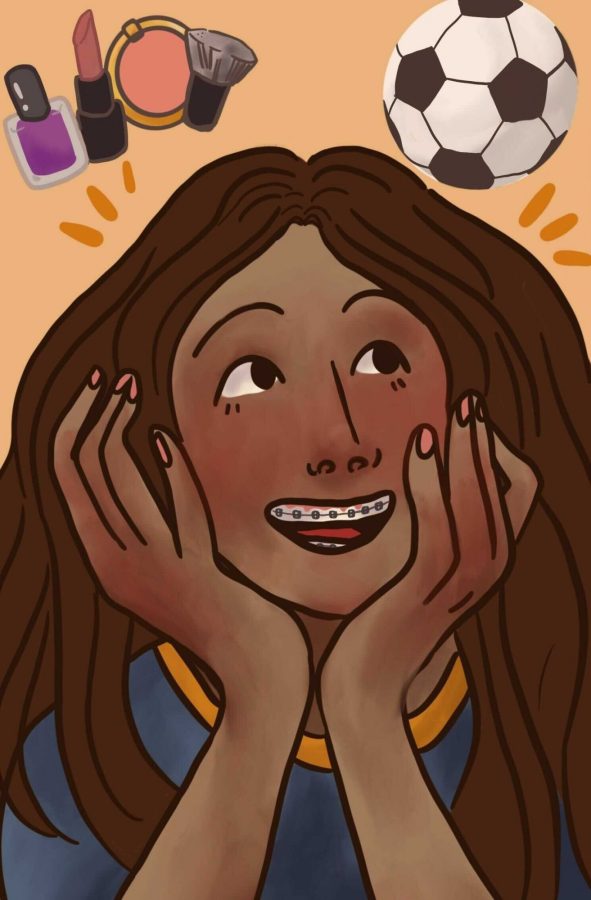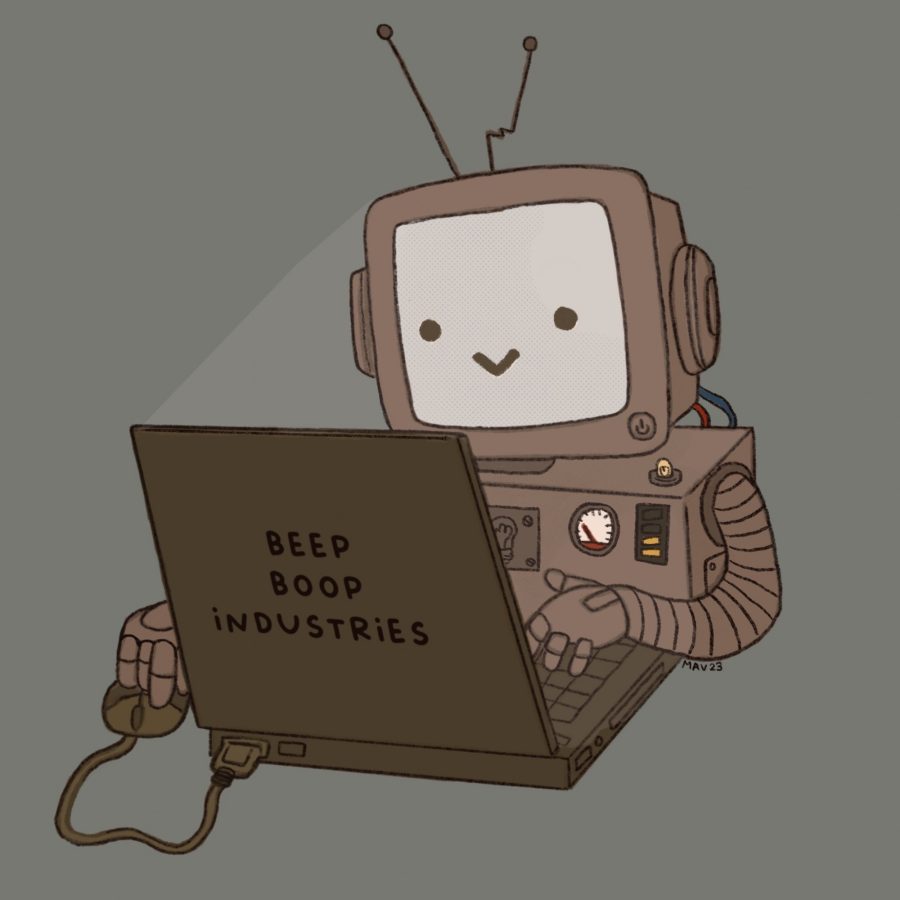Teenage femininity is a battle against every societal standard that is shoved down your throat from a young age. Teenage girls are consistently picked apart for their interests, hobbies and habits. Whether it is liking One Direction or sports, there is always someone there to comment on how obsessive they are or claim they are just trying to seek some form of attention or validation from others.
The term “fangirl” comes to mind when I think of ways society has picked apart teenage girls. If you google “sports riots,” dozens of searches come up with the titles “top-12 insane sports riots,” “here are five American cities which rioted after sporting success,” and yet fans of boy bands are constantly ridiculed for their obsessive and dramatic tendencies. I don’t remember anyone setting a car on fire when Zayn left One Direction.
Speaking of One Direction, in an article for Study Breaks written by Katherine McLaughlin, she detailed the issue of why One Direction was never taken seriously for their success. She said that “a group that is statistically extremely successful still faces some of the most intense social loathing of their time.” Is it a coincidence that their general fan base consisted solely of teenage girls? Not at all.
I even remember feeling inclined to dislike One Direction when “What Makes You Beautiful” rose to popularity because of how much everyone in my sixth grade class seemed to complain when a few girls requested our teacher to play the song. It’s not even the question of whether their music was good, people were solely hating on them because of who loved them.
Analise Bruno wrote in an article for the Viking Times that “this culture often puts impressionable girls under the microscope and perpetuated the idea that we all only like things that are weird, shallow, basic, or done for the direct attention of guys which makes it hard for us to like or do anything without the looming fear of being judged.”
If a girl is interested in makeup, it doesn’t mean she is shallow and looking for attention. Enhancing beauty can work wonders for self-confidence and help a woman feel comfortable in a society that is always looking to highlight her flaws.
During a beauty secrets video with Vogue, congresswoman Alexandria Ocasio-Cortez commented on this by saying, “there’s this really false idea that if you care about makeup, or if your interest is in beauty and fashion, that that’s somehow frivolous. But I actually believe these are some of the most substantive decisions that we make, and we make them every morning.” Whether you do full glam or just mascara for class, it doesn’t give anyone the right to claim that it is indicative of your character.
TikTok is another rabbit hole of pushing narratives upon teenage girls and shaming them for their interests. Vox published an article where Rebecca Jennings wrote, “teen girls and their interests have always served as punchlines, but on TikTok, once enough teen girls publicly enjoy something, the backlash can grow even bigger.” This is later followed by “TikTok accelerates meaningless cultural cycles faster than any machine or platform ever has, which means that as soon as something gets popular enough, it’ll trigger a near-immediate backlash.”
One example that immediately comes to mind is the sudden backlash making its way through TikToker Emily Uribe’s comment section. It seemed as if the world was rooting for her when she was posting herself engaged in mock interviews with comments similar to “can’t wait to see you doing this for real.” But now, she’s walking red carpets and interviewing movie stars while continuing to post on TikTok and is now met with comments like “Don’t tell me she’s serious” or simply “no” or “uh.” While her audience may have shifted, her comments used to be riddled with joy and genuine encouragement for this creator.
Once she gained immense popularity and attention from magazines and media outlets, Uribe was suddenly met with criticism and hatred that wasn’t shared before. She’s finding success and being dragged down for it with faceless commenters claiming she’s not ready for it or is undeserving. What makes her any less deserving than her male counterparts finding their way to fame?
As someone who was a teenage girl very recently, I can say confidently that my interests and hobbies have been poked fun at or even ridiculed for their frivolous nature. I’m going to continue to read and watch rom-coms, listen to One Direction and do my makeup when I want to because those are things I truly enjoy. Stop trying to put teenage girls into a box or corner for one aspect of themselves. Women are multifaceted and should not be treated as one-sided beings.
Follow Maggie Landon on Twitter

Maggie Landon (she/her) is a finance major at the University of Arizona. She loves to read and vibe with her cat Rizzo.









